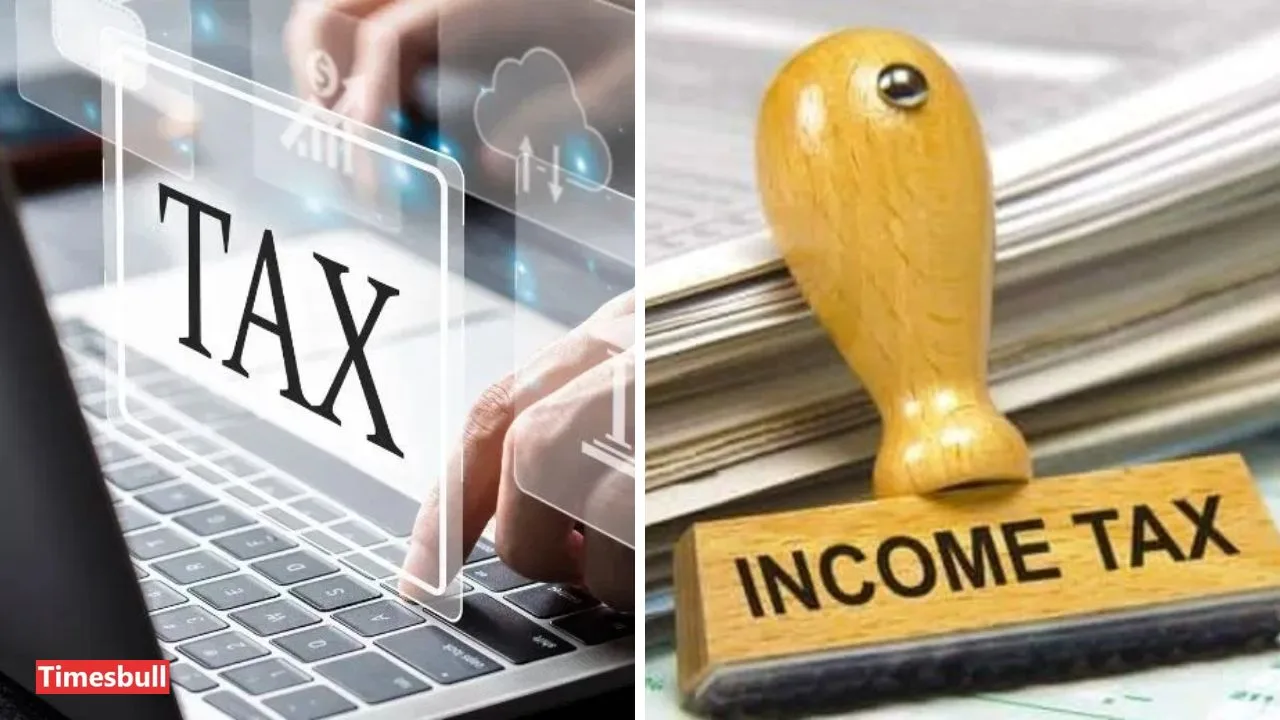In line with the provisions set forth in the Budget 2024, the Central Board of Direct Taxes (CBDT) has taken a significant step towards easing the tax burden on individual taxpayers. By issuing an order for the remission and extinguishment of outstanding direct income tax demands, the CBDT aims to offer much-needed relief to taxpayers grappling with pending tax liabilities.
Criteria for Relief
The directive issued by the Central Board of Direct Taxes (CBDT) on February 13, 2024, meticulously delineates precise parameters for the process of remission and extinguishment within the context of taxation. This order serves to offer comprehensive elucidation on the monetary thresholds and the range of assessment years encompassed by the relief provisions.
Through this guidance, taxpayers are afforded a clearer understanding of the eligibility criteria and the procedural intricacies involved in seeking remission or extinguishment of tax liabilities. The CBDT’s delineation of these specific criteria aims to enhance transparency, facilitate compliance, and ensure equitable application of relief measures across the spectrum of taxpayers.
Monetary Limits
Under this initiative, outstanding tax demands under the Income-Tax Act, 1961, Wealth-tax Act, 1957, and Gift-tax Act, 1958, are eligible for relief, provided they existed as of January 31, 2024.The relief extends to demands from assessment year 2010-11 onwards, with varying monetary limits for each assessment year. Notably, there is an overarching cap of ₹1,00,000 per taxpayer, excluding TDS/TCS demand entries.
Exclusions
While the relief encompasses the principal tax demand and associated interest, penalty, fee, cess, or surcharge, certain exclusions apply. Demands against tax deductors or collectors under TDS/TCS provisions are not covered. Additionally, any pending criminal proceedings against the taxpayer remain unaffected by the remission.
Implementation
The Directorate of Income-tax (Systems)/Centralized Processing Centre, Bengaluru (CPC), has been entrusted with the implementation of this order within two months. It’s crucial to note that the remission and extinguishment do not confer rights for claiming credit or refund under the specified acts.
Elimination of Interest
A notable aspect of the order is the elimination of interest calculation on delayed payment of demands. This move ensures that interest does not contribute to the ₹1,00,000 ceiling, providing further relief to taxpayers.
Decision
The CBDT’s initiative to waive pending tax demands up to ₹1,00,000 per taxpayer signifies a proactive approach towards easing the tax burden on individuals. By offering clarity on the criteria and exclusions, the CBDT aims to streamline the process and provide much-needed relief to taxpayers across the country.




